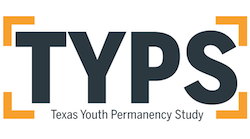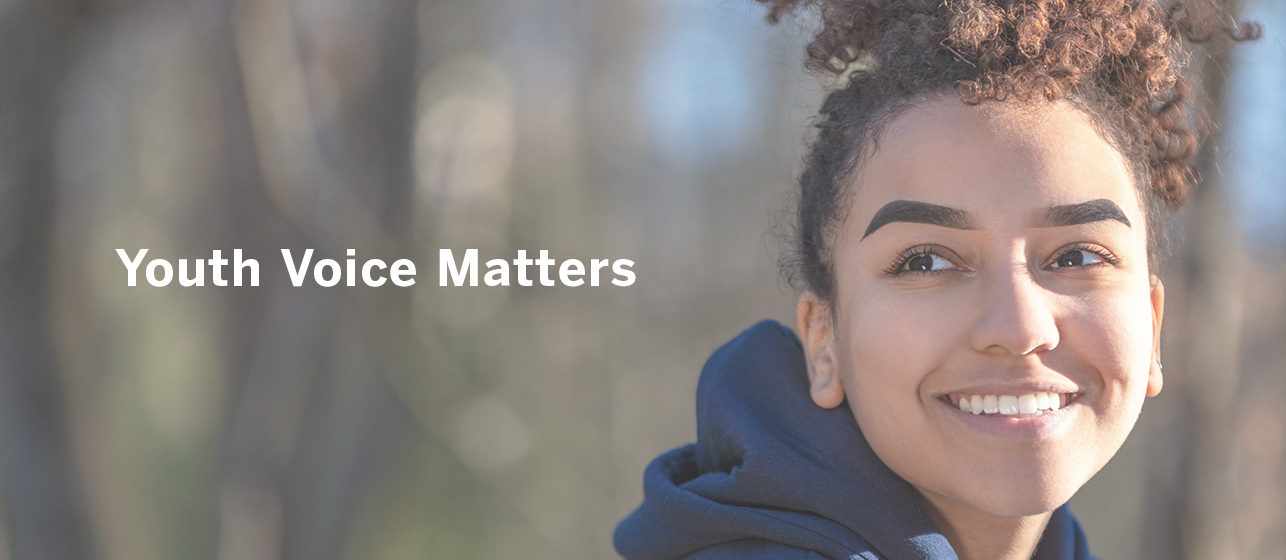From June through August 2020, we interviewed 54 youth (ages 15 – 20) who are currently participating in the Texas Youth Permanency Study. We wanted to gain a deeper understanding of their experiences with the child welfare court system, and especially their participation in the court process. Existing research on outcomes associated with youth participation in child welfare court shows mixed results. Some studies have cited challenges, such as anxiety and stress, logistical obstacles for youth to attend court, missed school, and privacy concerns. Other studies have found benefits, including youth having a more favorable perception of the court system, and feeling more empowered and more knowledgable about the court process. What appears to matter is the quality of youth participation in court.[1] For this reason, we wanted to explore how youth experience their relationships with their judges and their participation in court.
Among our interview participants, about two thirds were attending court regularly. The majority of these youth described not only having strong relationships with their judges, but they were also keenly aware of the importance of speaking up in court. For many youth, going to court was a way to get their voices heard and their needs met. Diana* stated, “I basically just spoke up for myself. I was like, ‘Look, I don’t know what you all are doing, I want to go sit in court.’ So, when I did start sitting in court, things started to come together. Because everyone’s pretty much on the same page, really.”
In our interviews, the youth expressed how keenly aware they were of the power and influence of the judge’s position. Monique reflected, “My first time in court, I was so nervous. When [the judge] talked to me, he made me feel comfortable like, ‘I know I’m higher power; I know I’m a judge and all, but you don’t have to fear me.’” It turned out that for many cases, it was precisely the judge’s power to get things done that made this relationship so important for the youth. Monique ultimately had a great experience with her judge. “He made me comfortable and I was excited to go to court every time,” she shared. “If I wanted something done, he listened. He gave me good criticism and bad criticism. Someone like me who doesn’t have adults in my life that much, for someone to be trying to give me guidance, I felt like it was a good person to have on my team.”
Many youth valued that the judge took different perspectives into consideration and helped negotiate difficult and conflictual situations. Mary stated, “[My judge] tries to vouch for me as much as she can. And if she feels like something is right or wrong for me, she’ll say it. And she’ll tell my caseworker how she feels about the situation. I feel like she listens to me a lot. If I ever told her anything that I needed or anything that I – would have to be done or something, she would always tell my caseworker, tell somebody that would be in charge of that to do it.”
Over and over again, we heard from participants about the importance of speaking to the judge directly and privately, in chambers, and of the judge listening carefully. Isabelle and others found that once they got to talk to the judge, the judge “hears you out in everything that you need, and once [your case] comes to the court, she will direct anything that you said that you needed and otherwise.” Andy described the process, “Let’s say I need to talk to them privately, then I would tell my attorney, saying, ‘Hey, do you think I can speak to the judge privately about such and such?’ Then they’ll let the judge know. And that’s how it kinda works. I feel like they’re really wanting to listen and really wanna care for me because one time, I spoke to the judge, and I knew that she really wanted to care for me and she really wanted to help me try to see my brother.”
For some youth, the judge ended up being a constant presence in their turbulent lives, and one of the few people who knew their full history. “I’ve known my judge for, oh, man, a good 10 years. She knew a lot about me, “ said Joe. Remembering the details about a person’s history and situation matters. Ryan described a ritual that unfolded whenever he attended court. “I have a nice judge. So I have ADHD, right? So, she gives me this task every time I come, to try to remember my ADHD medicine. So, she asks me. She kind of jokes around. Well not really jokes around, but just asking me. And I try to remember, right off the bat, every time we go. Even though I’ve already remembered it now. “
Our interviews demonstrated the importance of youth participation in court, whether it was in person or virtually, due to either logistical challenges or COVID 19. Judges who were willing to meet with youth privately, who were listening intently, considering the youth’ perspective, explaining difficult decisions, and getting things done were important role models and positive authority figures. In turn, youth felt empowered, connected, and involved in the important decisions about their lives. These findings echo our previous work that showed that a sense of agency and control is essential for social emotional wellbeing and a positive transition into adulthood.
*All names used in this blog are pseudonyms and are meant to protect the privacy of Texas Youth Permanency Study participants.
[1] Gibbs, D. J., Johnson, T.L., Forte, A., & Dawers, H.C. (2021, January 19 -22 ). The effects of child participation in dependency court proceedings: A systemtic review. Society for Social Work and Research, Virtual Conference, https://sswr.confex.com/sswr/2021/webprogram/meeting.html.

